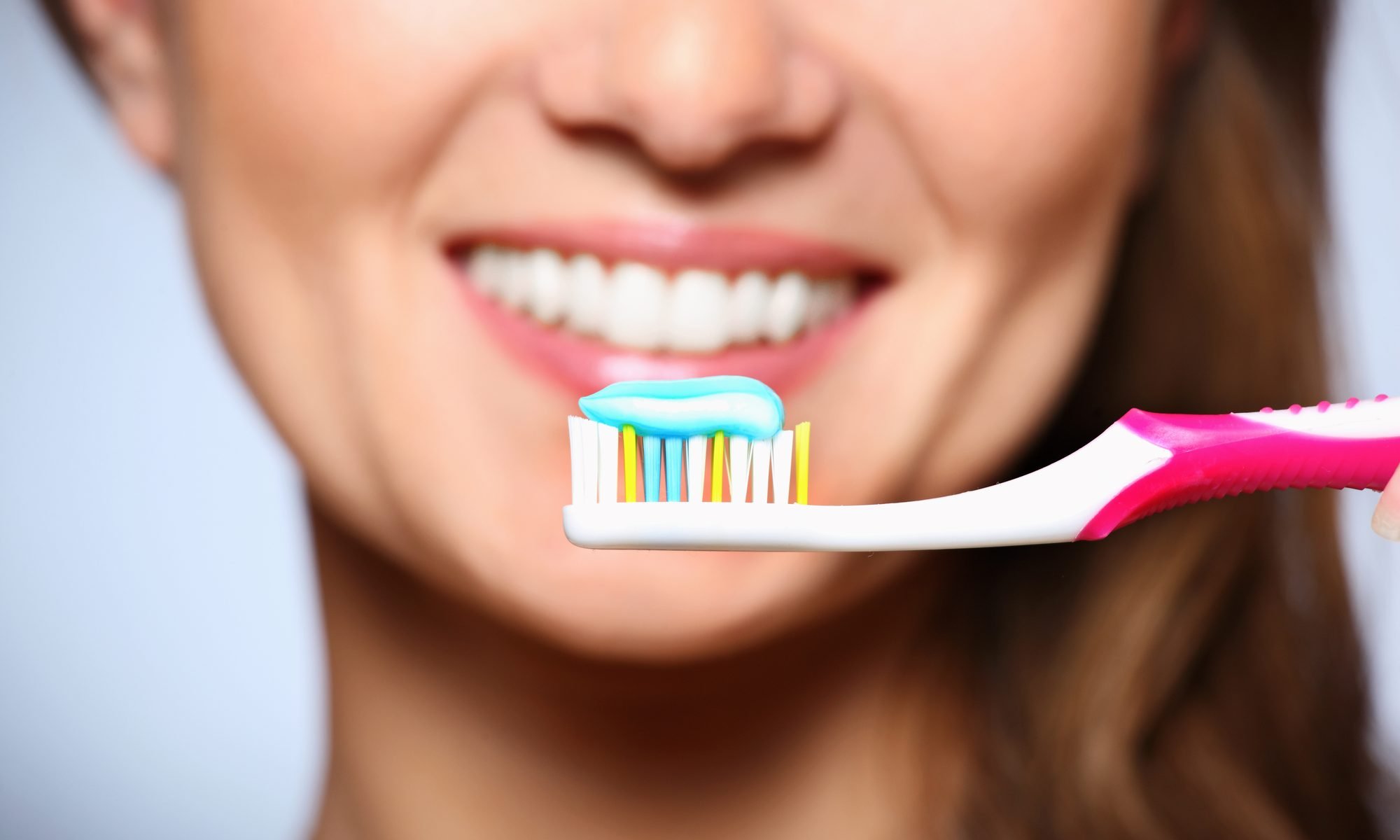Having great oral hygiene is essential if you want to keep your natural teeth for a lifetime. Overall, teeth are strong and hard wearing and will last a very long time, as long as they are looked after correctly.
There are no tricks or potions for keeping your teeth strong and healthy. Instead, you simply need to remove any plaque, food particles and bacteria regularly from on and around your teeth and gums. A good oral hygiene routine consists of brushing, flossing and using mouthwash.
You should brush your teeth twice a day, for two minutes each time. We recommend brushing in the morning before breakfast and last thing before bed. It is important to remember to not eat or drink for 30 minutes after you have brushed, and wait 30 minutes after eating or drinking to brush. Flossing and rinsing with mouthwash should be done at least once per day, but you can increase this to twice per day to give your teeth extra protection.
We have lots of patients who are carrying out this routine as they feel they should but are still suffering from bad oral health. We have put together a short guide on how to correctly brush your teeth and improve your overall dental health.
Choose the correct toothbrush
There are a huge variety of toothbrushes available on the market now but how do you know which one is best for you? Whether you choose a manual or an electric toothbrush, make sure the bristles are soft and bendy.
This allows the bristles to be flexible around your teeth and gums, whilst gently cleaning the plaque and bacteria away. Harder bristles could cause damage to the enamel of the teeth and won’t be able to reach below the gum line.
The size of the brush head is also important, especially if you have a small mouth as you need to be able to reach all areas with the brush head.
Using the right pressure
Many people believe that the more pressure they brush their teeth with, the better they will clean them. This is incorrect.
Plaque is a soft substance and sits on the surfaces of the teeth. This is easily removed with gentle brushing motions. Using small, light movements will make sure your teeth are getting cleaned sufficiently without putting your teeth and gums at risk from vigorous brushing.
Take your time
As we discussed earlier, you need to brush your teeth for two minutes. Skipping brushing for the recommended time because you’re late for work or because you’re too tired can have negative effects on your oral health.
Most electric toothbrushes now have an in-built timer which reminds you to brush for the recommended amount of time. If you are using a manual toothbrush, try setting a timer on your mobile phone. For children, we suggest finding a 2-minute long song that they enjoy and they can brush along to that.
Replace your brush
As with most things, toothbrushes don’t last forever. Everyday use can discolour and wear the bristles down, meaning it is less effective at cleaning your teeth. You should replace your toothbrush, or toothbrush head, every three months. We also suggest replacing it after you have been unwell to prevent bacteria from spreading.
Remember the gum line
Plaque and bacteria doesn’t just collect on the surfaces of the teeth. It also collects along the gum line. With your soft-bristled toothbrush, gently brush your gum line at a 45-degree angle. Removing bacteria from this area will prevent inflammation of the gums, reducing your risk of developing gum disease.
Clean all surfaces
It is extremely important to clean all surfaces of your teeth as plaque and bacteria can collect on all of these. Don’t just clean the surfaces people can see when you smile – clean all areas of your teeth including the tongue side. Brushing alone only cleans a portion of your teeth’s surfaces. Pair brushing with flossing and rinsing and you will reach all of the areas in your mouth.
By following all of the above steps, you will have great toothbrushing technique. Your teeth will be protected from the risk of developing tooth decay, gum disease and other potential problems.
For more tips on how to make sure your teeth are kept in their best possible condition, ask one of our dentists or hygienists in your next appointment. Book an appointment with The Dentist at Liberty Place by calling us on 0121 633 9535.

